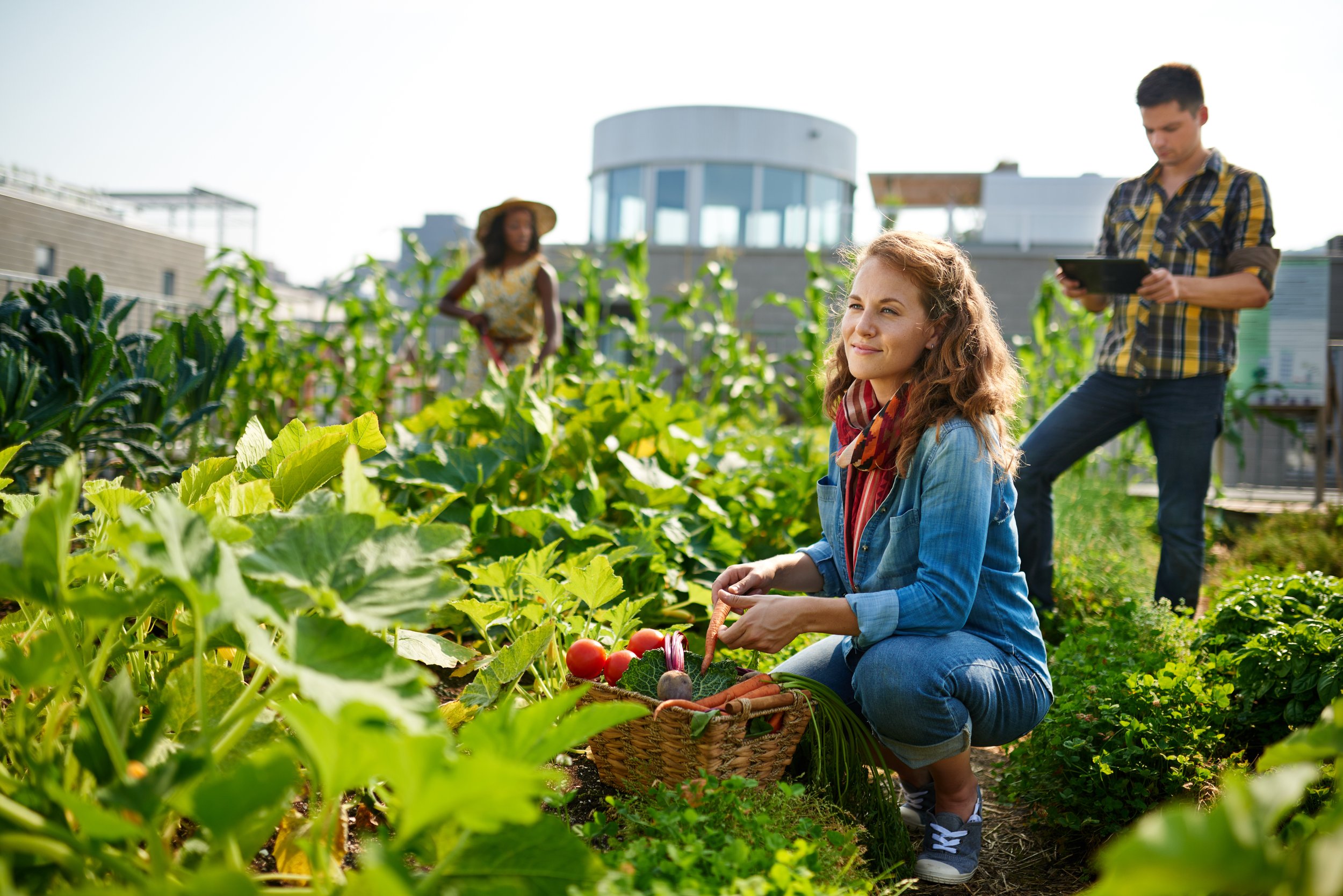Cities are cultivating local food systems to combat climate change.
To address the climate crisis, we must urgently modify the traditional methods we produce, transport, eat, and dispose of food worldwide. Cities are critical drivers of cultural, social, and economic development since their citizens eat 70% of the world's food, and the policies they establish and implement affect millions of people.
Current food systems have a significant detrimental influence on the environment. Food production, distribution, loss, and waste contribute to around 30% of greenhouse gas (GHG) emissions worldwide. That, in turn, leads to biodiversity loss, species extinction, deforestation, soil erosion, freshwater scarcity, and other negative consequences.
An ecosystem approach is critical to ensuring that food offers access to healthy meals and nourishment for all, agroecology and regenerative agriculture, a circular economy, and the creation of fair livelihoods. Such an approach entails comprehending the diversity of stakeholders and the complexities of their relationships; it is a critical framework for identifying, analysing and addressing benefits and trade-offs between alternative climate change measures.
Integration is another critical competency in any transition toward a sustainable local food system, and it is crucial for addressing difficulties such as technical limitations, behavioural shifts, and market failures.
Food is connected to agriculture, trade and industry, health, labour, the environment, international cooperation, etc. When it comes to enhancing food systems, one must simultaneously consider all of these factors.
Multi-actor: appropriate departments from cities, regions, and states addressing the policies, as well as stakeholders from the business, civil society, and academic sectors, must collaborate.
Mechanisms of multi-level governance: Innovation occurs at the local and regional levels. International and national governments should support and incentivise them.
Territoriality: Food ecosystems should be linked to one another, emphasising urban and peri-urban connections. It should be better to connect rural regions to cities of various sizes.
Infrastructure and social innovation: It is critical to combine investments in tools, goods, and building with experimentation and people engagement and interaction to guarantee a seamless transition to a sustainable food system for all.
Cities should begin to establish their own sustainable local food ecosystems. As an example:
Mollet Del Vallès (ES) puts justice and health at the heart of integrated local food policies. Mouans-Sartoux (FR) is developing a resilient territory through school canteens – a solution they showcased at the recent COP26, and Milan (IT) has developed a systemic approach to local food policies.

